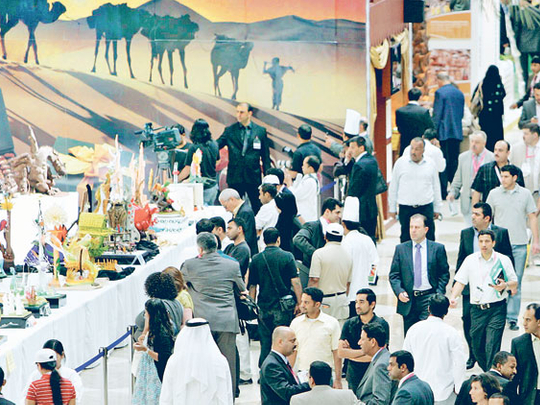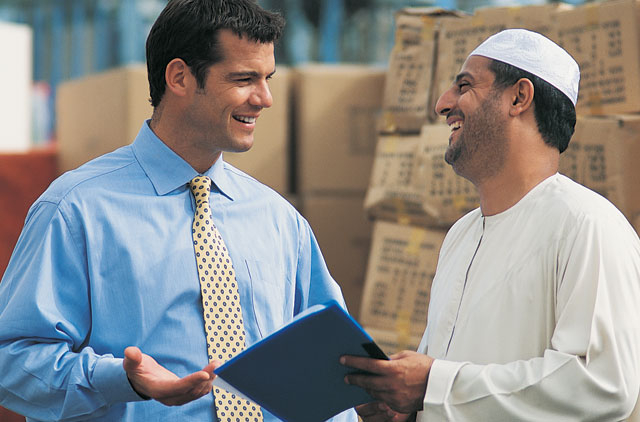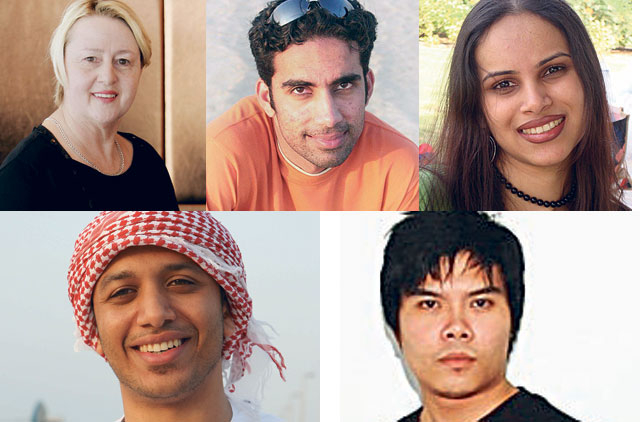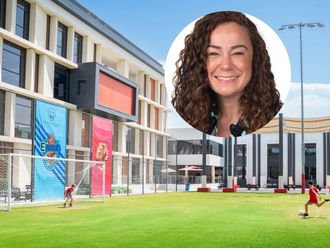
Dubai: Everyone has been the ‘new kid' at some point in their life, whether it was on the playground, in the neighbourhood or in the office.
In the past it was common for new people in the UAE to stick to groups of similar nationalities because, according to readers, "you are comfortable, you speak the same language and share the same culture".
However, has it changed? Or are we still living in an insular society?
Gulf News went to its readers to find out if having a mixture of people from across the globe has helped bring people together and to learn what defines them as individuals.
According to Mirza Imran Hanif, a Pakistani managing director in the data management sector based in Ras Al Khaimah; people have a natural tendency to stick to their nationality because it's "a comfort thing".
However, he said: "At the same time, five or ten years ago the world became a global village. So [interacting] isn't necessarily by choice, but it's a requirement for people to work and mingle with other people."
Hanif also believes that this has helped people understand each other.
He said: "For example, I am from Pakistan and there is the general perception that Indians are our enemies, but when you come to Dubai, people are just like brothers because everyone works alongside each other. I think it's helping in a great way to bring people together and help the understanding of ideas and cultures."
Samreen Shiyan, Indian, working in the IT sector in Abu Dhabi agrees. She adds that college also plays a big part in bringing people together. She said: "It is good, because when you study in college you have so many different people from so many different nationalities. Somewhere along the line you get to know a lot of people and get a lot of friends from different nationalities."
Catherine Blackmore, an Australian working as an advisory teacher in Dubai believes people's perceptions have broadened, especially in the younger generation.
She said: "Young adults I believe are more receptive of communicating with people who share similar ideas. You stick to your family circle when you are young, but once you mature [18 and up] I believe you start to mix with other cultures more freely depending on where you are, university, clubs, sports, etc."
For Emirati events manager Omar Al Bu Saidi, based in Abu Dhabi, economic growth in the UAE has played a major role as well. He said: "If you have one country that specialises in one area, you get many people from there coming in to take over those projects. You get a lot of different nationalities working together."
Bu Saidi added that this needs to be highlighted more. He said: "If the media shines more light on this topic, there will definitely be more community interaction."
Dubai-based Lionel Gonzaga, a Filipino who works in the web design and development sector, doesn't necessarily disagree, but believes that people will interact simply because they want to discover. He said: "Often, introductions in conversation between different nationalities is about where they come from and what's good [or not] about the place."
"We create an identity based on what we do or what we like."
How good are you at inter-cultural communication? Why do you think people avoid making friends from other countries or cultures?













